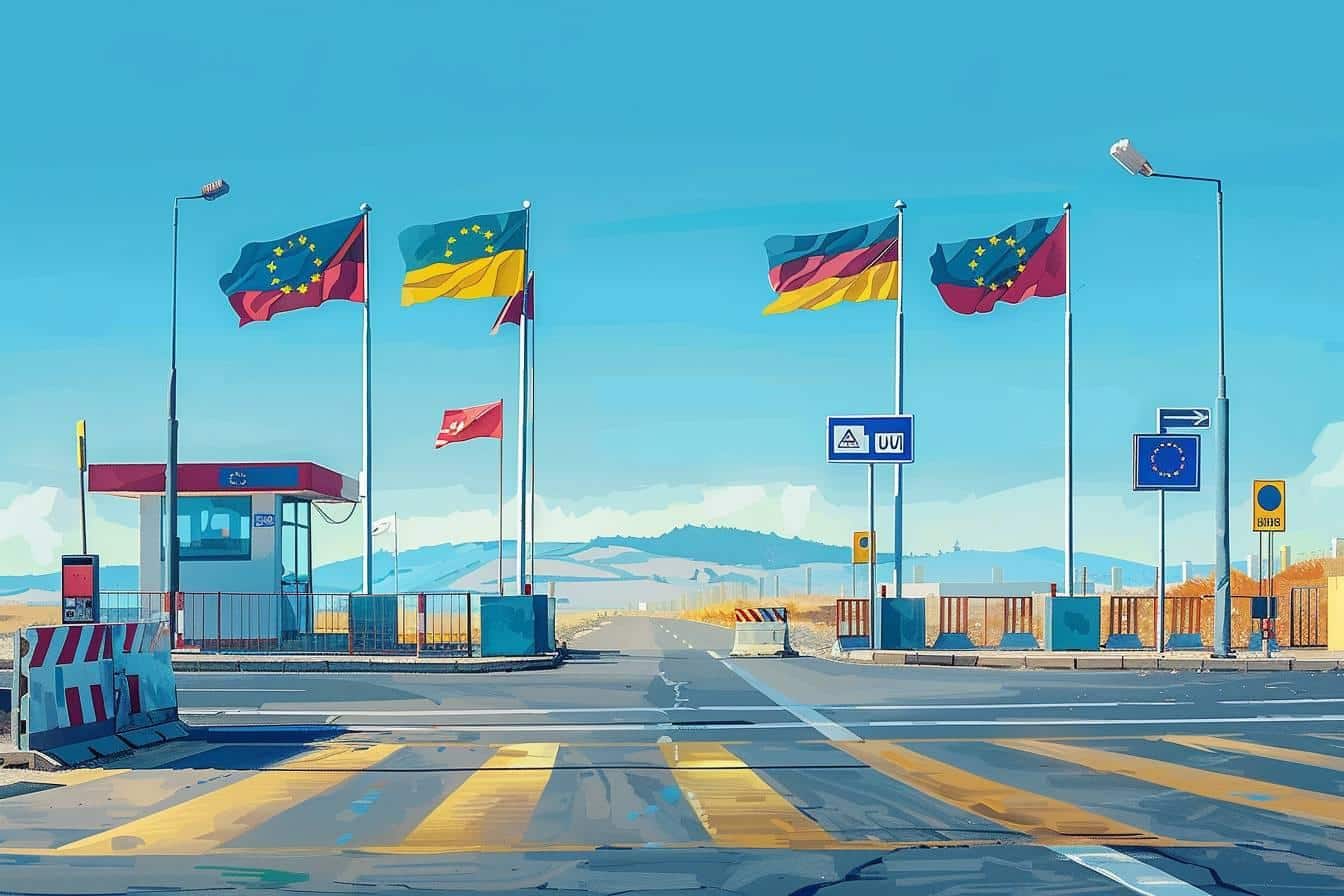The integration of Romania and Bulgaria into the Schengen area transcends a simple geographical change. This accession marks the end of a thirteen-year wait, symbolizing promises of unity and growth within the European Union. An unprecedented free movement among 29 European states brings new challenges, particularly in terms of security and migration. Economic, social, and political issues intertwine, thereby redefining relations among member states. Enhanced cooperation among EU countries promotes the harmonization of citizens’ rights. Finally, this membership demonstrates the commitment of both nations to overcome regional skepticism. The trend towards optimistic mobility raises strategic questions for the future of the Schengen area.
Information
Romania and Bulgaria are now members of the Schengen area.
This integration was officially established on January 1, 2025.
After 13 years of waiting, checks at land borders have been eliminated.
Ceremonies marked the event at various crossing points.
This decision was facilitated by the lifting of objections from countries like Austria.
Both countries have been members of the European Union since 2007.
A deal on a “border protection package” was reached prior to the integration.
Their membership represents an important step towards deeper integration into Europe.
Integration into the Schengen Area #
Romania and Bulgaria have been admitted to the Schengen zone, marking a significant step for these Eastern European nations. This accession took place after a thirteen-year waiting process, which began with their entry into the European Union in 2007. The area of free movement is now extended to 29 countries, thus fostering a new dynamic in regional cooperation.
Context and Stakes of Membership #
The two countries were partially integrated into Schengen since March, with restricted controls mainly in ports and airports. However, objections, particularly from Austria, threatened their full integration. Concerns related to the management of migration flows hampered the progress of their applications.
À lire Discover the smallest river in France at the heart of one of Normandy’s gems
Lifting of Border Restrictions #
Following specific agreements on a “border protection package”, the last restrictions have been lifted. This has allowed the disappearance of checks at land borders, facilitating movement between these countries and the rest of the European Union. This change carries economic and social meanings transferable to many citizens.
Reactions and Impacts #
Reactions to this integration have been varied. Romanian and Bulgarian authorities welcomed this advancement as a sign of recognition and achievement. For citizens, traveling without border control represents a liberation from administrative constraints. Opportunities for cultural exchanges and economic activities are enhanced.
Future Perspectives #
In the long term, the integration of Romania and Bulgaria into Schengen promises to pave the way for better cooperation with other EU member states. By facilitating trade and boosting tourism, these countries could become more influential economic players within the Union. The simplification of border crossing procedures is also an attractiveness factor for foreign investors.
Challenges and Considerations #
Some post-integration challenges remain to be overcome, such as strengthening mechanisms for managing external borders. New obligations regarding security and migration control will require concerted efforts. Increased vigilance will be essential to ensure secure access while preserving free movement.
À lire the United States issues a travel warning for Pakistan following a drone attack in India
Significant Events of Integration #
The symbolic date of January 1 was marked by ceremonies at border posts. These brought together representatives from both nations and other member countries, highlighting the importance of this event. A memorable moment for all who worked toward this integration.
Socio-Economic Consequences #
The end of checks at land borders signifies new opportunities. The sectors of tourism, trade, and transport will directly benefit from this liberalization. The increase in traveler flow heralds stronger economic dynamism, crucial for both countries still in the development phase.
Commitment of Member States #
EU member states are called to strengthen their cooperation in order to manage this enlargement effectively. Joint initiatives must see the light of day to ensure security while respecting the fundamental rights of citizens. The construction of a united and solidified Europe also relies on effective synergies between nations.


